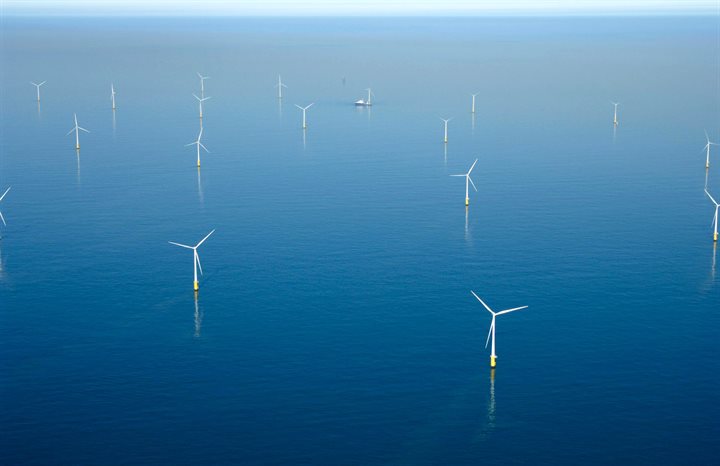International
Within the International research topic, Rijkswaterstaat follows developments in the field of shipping safety in other North Sea countries. These countries, too, are facing the challenge of maintaining standards of shipping safety. How can we guarantee sufficient levels of international knowledge development and sharing to keep shipping in the vicinity of wind farms safe?

The International topic has the following sub-issues:
- What do other countries do to make shipping in the vicinity of wind farms safe, and what can we learn from each other?
- What can we learn from other countries about building requirements and specific measures for wind turbines?
- How could we nurture innovation, both nationally and internationally?
Learning from other countries
We keep up to date with what other countries are doing in the field of shipping safety. What policy are they pursuing? What results do studies abroad provide? In this way, we use the knowledge gleaned from international studies to underpin our policy recommendations. This may be in a Formal Safety Analysis (FSA), a study that assesses safety risks and possible counter-measures. FSAs are generally held before new wind farms or shipping routes are established. Furthermore, we monitor data on matters to do with shipping safety on a country-by-country basis. For instance, the requirements specified for the construction of wind turbines, and the distance between them.
Encouraging innovations
Smart innovations can improve shipping safety. For example, consider the optimum positioning of charging buoys: charging points at sea, where vessels are able to charge propulsion systems. Another possible innovation would be to improve drifting forecasts, so that a drifting vessel can be identified more rapidly. In addition, research has been carried out into the potential deployment of a 'Towing Assistance Team': responders who can quickly come to the assistance of vessels in distress to attach a towing line. We share knowledge on these and other innovations with other countries.
Making international agreements
London is the home of the International Maritime Organization (IMO), an organisation in which the member states make international agreements about shipping. The Netherlands is also a member of the IMO. International agreements eliminate confusion, thus making shipping safer. It is preferable for rules that apply in the sea areas of different countries to be aligned, where possible. These include rules for shipping passing through wind farms and rules about the distance between wind turbines.
North Sea Shipping Group
The North Sea countries have established the North Sea Shipping Group (NSSG) to share knowledge and experience in the field of wind farms. The NSSG is a forum for North Sea Countries to share their experiences with emergency response towing vessels, safety studies, innovative solutions and the results of incident drills in wind farms, for instance. The NSSG also monitors the location of wind farms and the wind energy plans of each country for internal use. In addition, the organisation investigates where wind farms can be built. It protects the existing shipping routes.
Practical collaboration
In the event of incidents on the North Sea, the Netherlands also works with neighbouring countries. The Netherlands and Germany, for instance, have a bilateral agreement to provide emergency assistance. Dutch emergency services spring into action when a German vessel in distress drifts towards the Netherlands and vice versa. Another example of collaboration is in the Borssele wind farm, part of which is on Belgian territory. The Dutch and Belgian coast guard work together if an incident occurs there that may have consequences on the other side of the border.